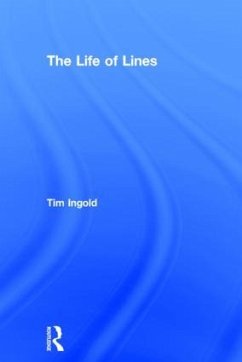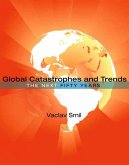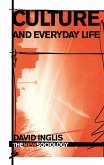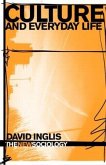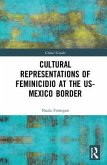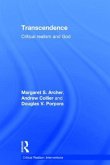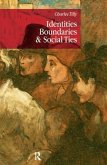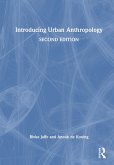To live, every being must put out a line, and in life these lines tangle with one another. This book is a study of the life of lines. Following on from Tim Ingold's groundbreaking work Lines: A Brief History, it offers a wholly original series of meditations on life, ground, weather, walking, imagination and what it means to be human.
Hinweis: Dieser Artikel kann nur an eine deutsche Lieferadresse ausgeliefert werden.
Hinweis: Dieser Artikel kann nur an eine deutsche Lieferadresse ausgeliefert werden.
"In The Life of Lines Ingold develops a philosophical and ecological anthropology that is at once expansive, integrative, and inclusive. His poetic narrative interlaces bodies, minds, landscapes, topographies, and perceptions in a correspondence of lines. Taking us on a journey through movement, knots, weather, atmosphere and surfaces, he guides us to a critical conclusion: to human is a verb." - Agustín Fuentes, University of Notre Dame, USA
"In The Life of Lines Ingold develops a philosophical and ecological anthropology that is at once expansive, integrative, and inclusive. His poetic narrative interlaces bodies, minds, landscapes, topographies, and perceptions in a correspondence of lines. Taking us on a journey through movement, knots, weather, atmosphere and surfaces, he guides us to a critical conclusion: to human is a verb." - Agustín Fuentes, University of Notre Dame, USA

